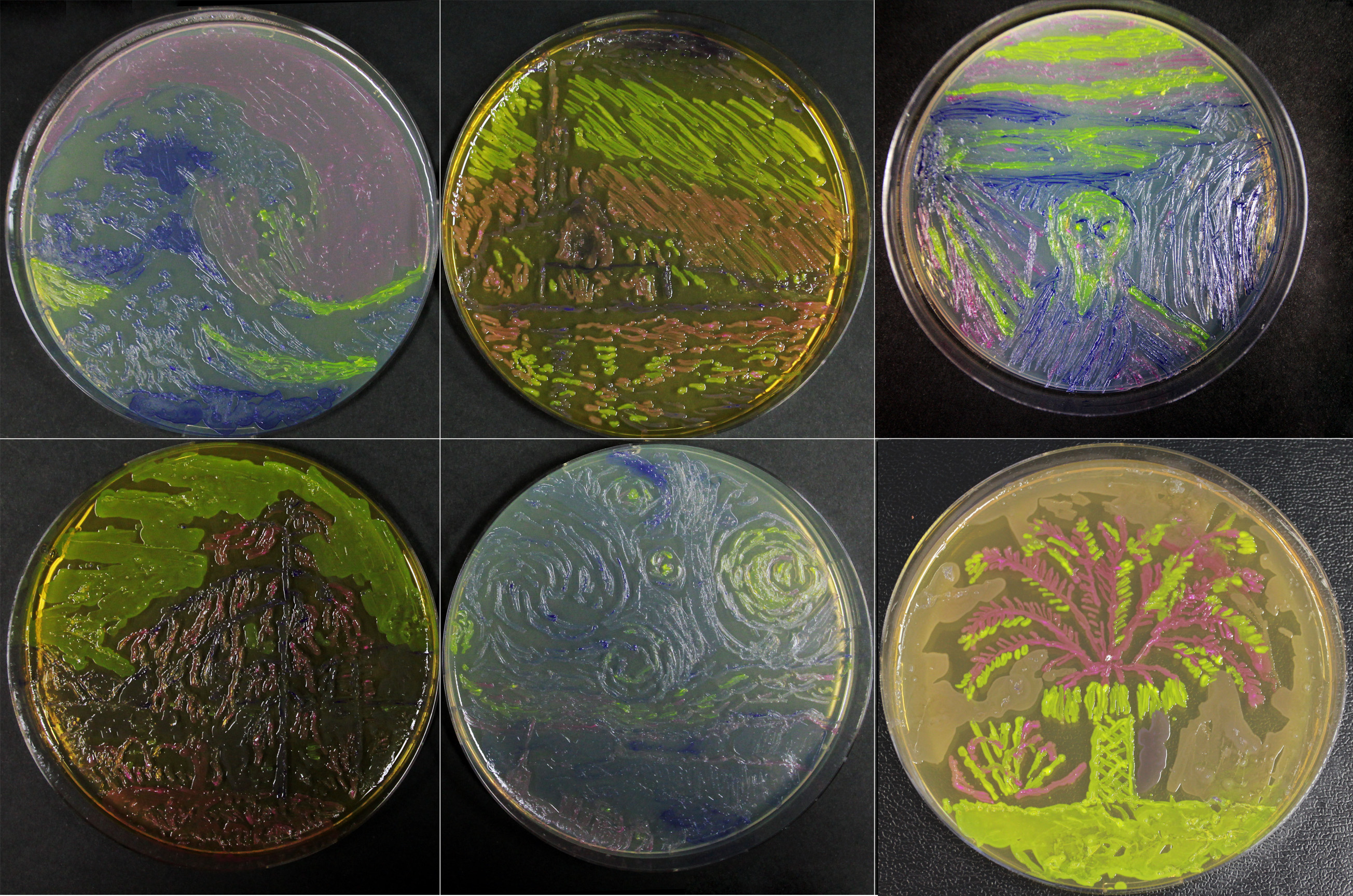Part:BBa_K1149050
Bdh2 (intracellular)
This part expresses Bdh2 3HB dehydrogenase enzyme intracellularly. There is a GFP in operon with the enzyme which can be used to monitor expression levels. The promoter is arabinose inducible pBAD.
http://www.igem.org/wiki/images/f/f0/Reaction_bdh.jpg
Usage and Biology
Characterisation
Our bdh2 (intracellular) construct contains sfGFP within an operon and therefore fluorescence can be utilised to determine if expression is being induced by addition of Arabinose.

Bdh2 with no pelB secretion tag growth assay. MG1655 with intracellular bdh2 were grown over 6h to gauge the effect on growth when induced. Graph shows that while they reach the same end point, growth is initially faster without induction for BBa_K1149050, though this was not significant as a two-tailed t-test gave p = 0.4930 > 0.05, allowing us to accept the null hypothesis. Error bars are SEM, n=4. Figure made by Imperial College London 2013 iGEM

Bdh2 with no pelB secretion tag induction assay. In addition to testing BBa_K1149050 growth, we looked at induction whereby we see that more sfGFP is produced when induced. Although the promoter is leaky as the curve of intracellular bdh2, as seen with bdh2-pelB is followed tightly by the non-induced cells. Error bars are SEM, n=4. Figure made by Imperial College London 2013 iGEM.
Conclusion: There is no growth inhibition caused by induction, nor is there any significant fluorescence induction.
Living Art
In addition to this, we have shown that bacterial paintings are achievable with this amazing biobrick (yellow):

References:
Sequence and Features
- 10COMPATIBLE WITH RFC[10]
- 12INCOMPATIBLE WITH RFC[12]Illegal NheI site found at 125
- 21INCOMPATIBLE WITH RFC[21]Illegal BamHI site found at 65
- 23COMPATIBLE WITH RFC[23]
- 25INCOMPATIBLE WITH RFC[25]Illegal AgeI site found at 181
Illegal AgeI site found at 1126 - 1000COMPATIBLE WITH RFC[1000]
| None |
